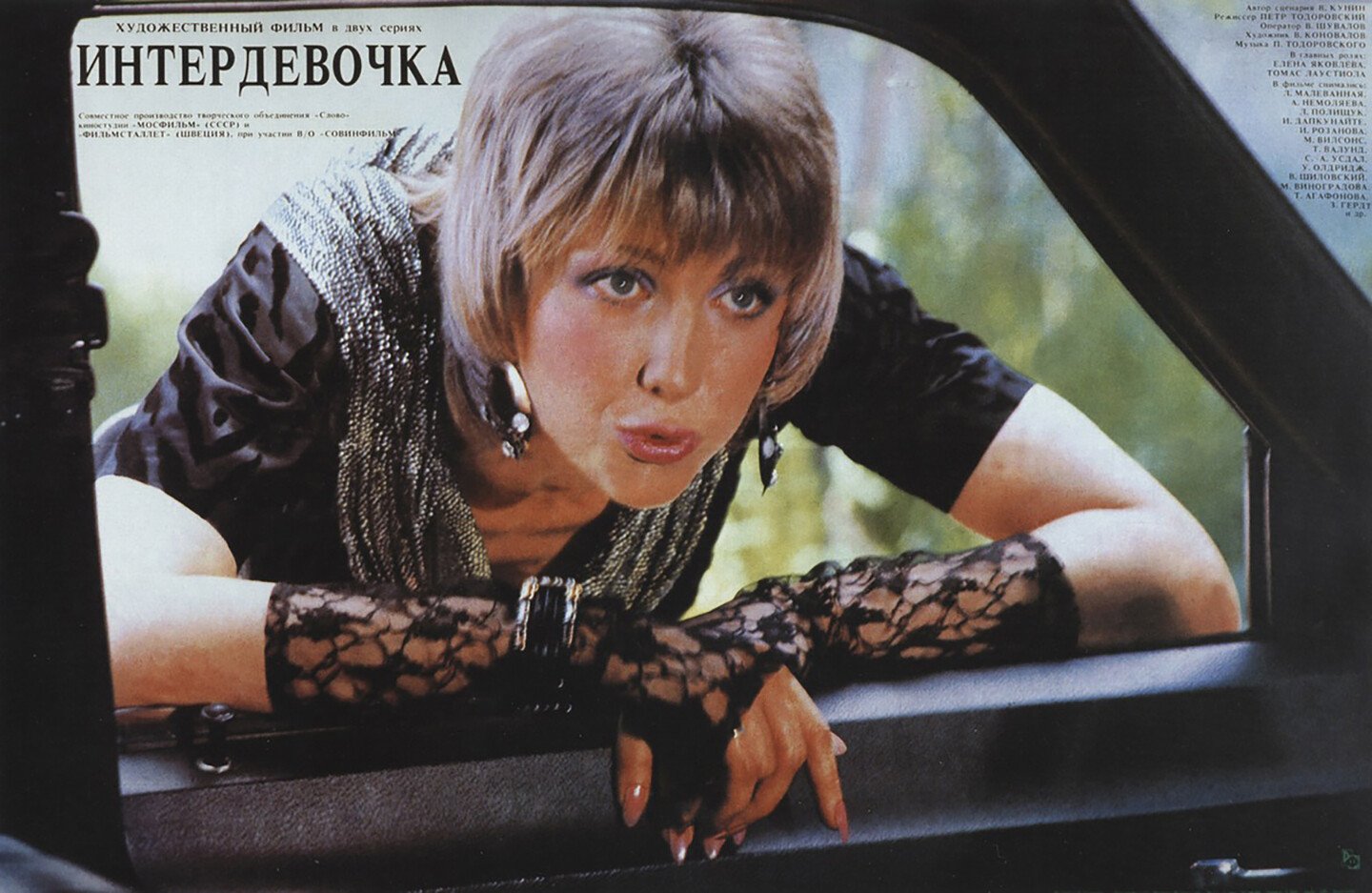Looking forward to catching up on reading during the holiday break? Don’t miss the latest essays, reviews, and interviews published in e-flux Notes, that analyze current political developments, delve into the archive of cinema history, and examine recently published books and new films. Here is a round-up:
Slavoj Žižek gives his postmortem on the American election in “After Trump’s Victory: From MAGA to MEGA.” Franco Berardi bluntly poses the question “How to Explain?” in the face of recent reactionary triumphs and carnages: “Is identification with the oppressor the only way to survive when you understand that it’s impossible to get free from oppression?” In “The Political Economy of White Privilege,” Charles Tonderai Mudede talks about the role of race in the election, with reference to W. E. B. Du Bois’s concept of the “psychological wage” of whiteness: “First proposed in 1901, and confirmed by actual events … it’s been completely ignored by economists on the right, center, and left.” In a roundtable discussion with Andreas Petrossiants, Molly Crabapple and Shellyne Rodriguez discuss contemporary resonances of the Jewish Labor Bund movement as a historical alternative to Zionism, with its concept of “doikayt” (hereness). Writing “In the Name of Peace: Georgia’s Postelection Crisis and Current Mass Protests,” Tamta Khalvashi and Luka Nakhutsrishvili provide an incisive report on the current protest movement in Georgia, in the wake of last October’s fraudulent elections. Bilal Khbeiz provides a much needed historical contextualization of the political challenges facing Syria after the sudden overthrow of the Assad regime, in “Syria: Transitioning from the Wars of Modernity to the Peace of Traditional Societies.” And coming out this Friday, Nikolay Smirnov considers the last edition of the Steirischer Herbst festival in Graz, Austria, in light of its origins (oddly similar to Documenta’s) and the problem today of the politics of satire and comedy.
In e-flux Film Notes: Jean Epstein argues that cinema’s true potential lies in expressing the illogical flow of visual thought rather than reducing it to verbal speech. Katherine C. M. Adams examines how dramaturgical techniques such as rehearsal and reenactment in artists’ films counter the decontextualization caused by global media networks, preserving the original social and political urgency of their contexts. In “Labor, Liquidation, and Resistance: A Conversation,” artist and filmmaker Jen Liu reflects on her exploration of labor exploitation and biopolitics, discussing how motifs of liquidation, encryption, and industrial processes shape her moving-image work and address sociopolitical struggles. Guy Debord, in “Note on the Use of Stolen Films,” discusses his technique of détournement—recontextualizing fragments of other films to critique and reclaim narratives co-opted by capitalist spectacle—blending irony and lyrical intent to evoke historical themes and revolutionary impulses. In “A Matter of Time,” Babette Mangolte explores the relationship between time, technology, and perception in cinema, reflecting on how analog and digital filmmaking shape the viewer’s experience of duration, space, and the sensory essence of film. Yervant Gianikian and Angela Ricci Lucchi describe the creation and methodology of their “analytical camera,” a tool used to rework archival footage by slowing, reframing, and enhancing historical images, thereby critiquing and revealing the hidden narratives of colonial and fascist violence embedded within the original material. Le Corbusier, in “Spirit of Truth,” champions the cinema’s unique potential to reveal the intensity of life and human consciousness through the impassive gaze of the camera lens, advocating for a minimalist, truth-driven approach grounded in composition, rhythm, and the machine’s capacity to transcend human perception. Jean-Pierre Gorin, in “Proposal for a Tussle,” explores the essay film as a dynamic, boundary-defying form that resists cinematic conventions with its restless energy and capacity for critical reflection. Finally, Thomas Allen Harris, in conversation with Daniella Brito, reflects on the interplay of performance, identity, and archival storytelling in Blue Baby and Heaven, Earth & Hell, offering insights on race, queerness, and the transformative potential of revisiting live art through documentation.
In new books: we published the chapter on “Gossip” from Mladen Dolar’s Rumors, a study of the history of slander, calumny, hearsay, gossip, and rumors as the ineluctable other side of reason and logos. Psychoanalyst Stijn Vanheule writes of his own difficulties in treating madness in “Psychosis Is a Mental Crisis, Not a Disease,” arguing for a more nuanced attention to the nature of psychotic experience as opposed to the prevailing biochemical model of mental illness: “By studying these aspects in detail, we change our discourse and mindset, enabling us to interact more openly and humanely with individuals suffering from psychosis.” Sabu Kohso interviews Mohamed Amer Meziane about his The States of the Earth: An Ecological and Racial History of Secularization, which offers an original reappraisal of the concepts of imperiality, secularization, the capitalist nation-state, and the intertwining of ecology and world history. In an excerpt from What’s That Smell? A Philosophy of the Olfactory, Simon Hajdini uses the film Parasite to discuss the smell of capitalism: “The Communist Manifesto describes capitalist reality as a perpetually expanding smellscape, an age of perpetual dissipation, a new world odor.” Isabel Jacobs reviews Sam Dolbear’s strikingly original and playful volume A Theory and History of Hand Reading after Charlotte Wolff, about Wolff’s remarkable life and her dedication to the art and science of palmistry. And, on the occasion of Han Kang being awarded the Nobel Prize in literature, Alex Taek-Gwang Lee considers the history of the prize and its famous rejection by Sartre, contrasting Kang’s international recognition with her marginalized place in the Korean literary establishment.
In the world of contemporary cinema: Isabel Jacobs reports from the first Armenian film festival in London, where “the wounds of the recent war in Artsakh (Nagorno-Karabakh) are still fresh” and “themes of national identity, survival, displacement, and the preservation of culture amidst war” predominate. And Aaron Schuster reviews Sean Baker’s indie hit Anora, focusing on its enigmatic final scene and comparing its story of a whirlwind romance between an oligarch’s son and a stripper with two key predecessors: Pretty Woman and the Soviet blockbuster Interdevochka.
—e-flux Notes editors
